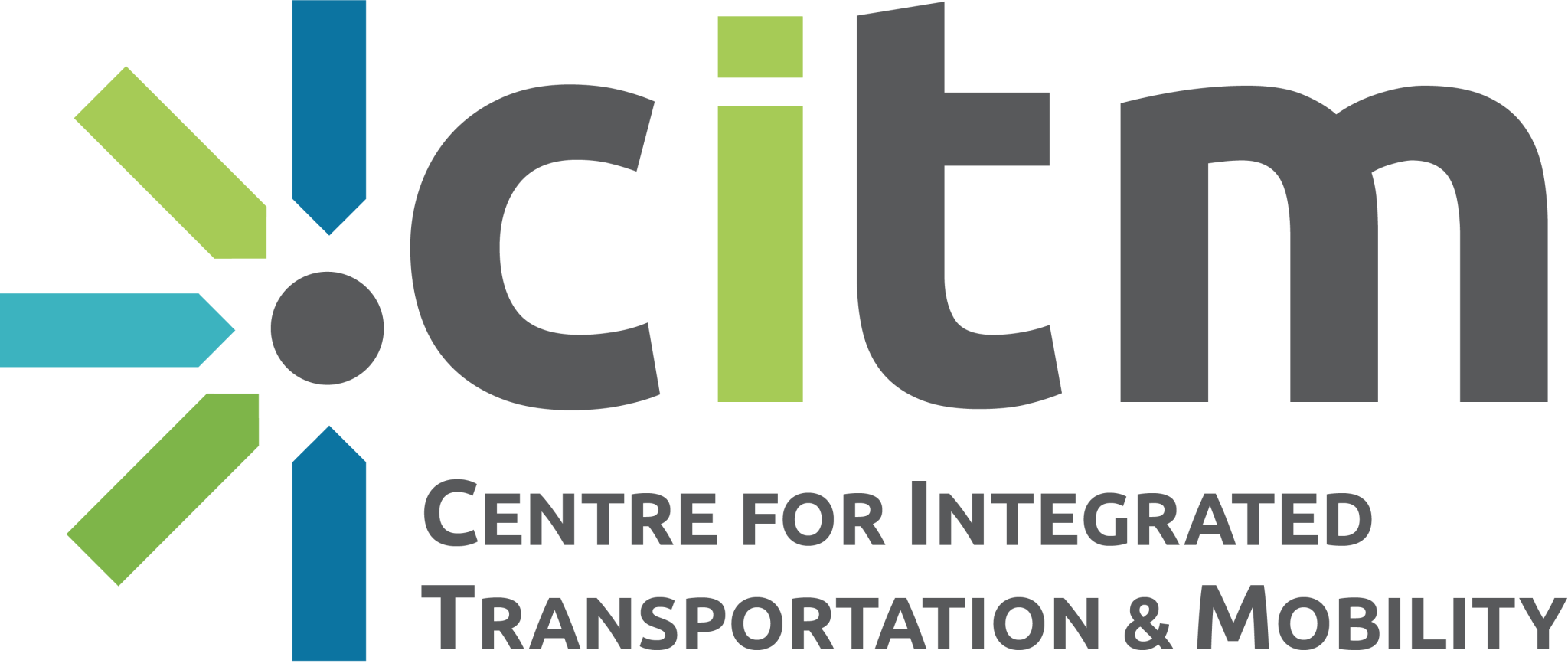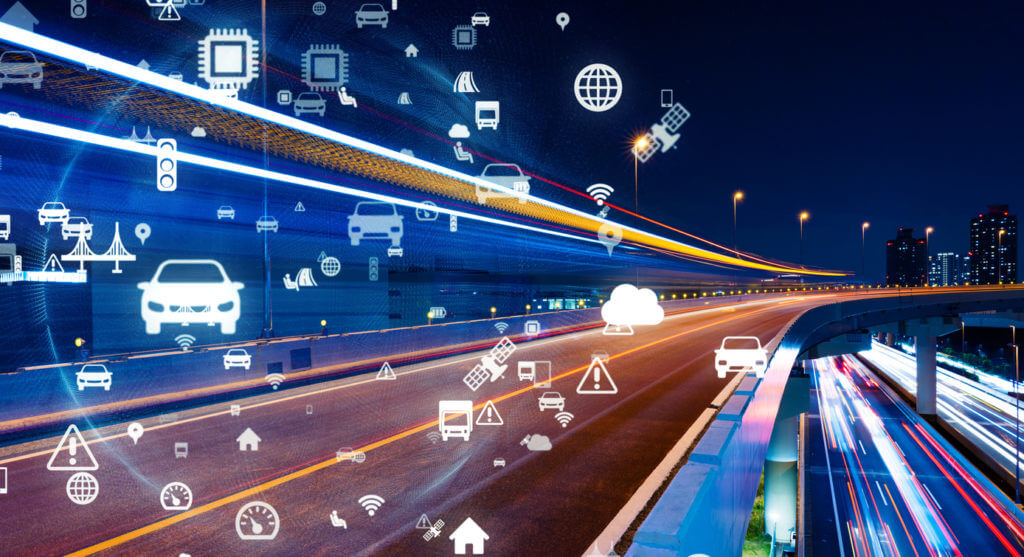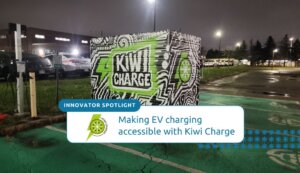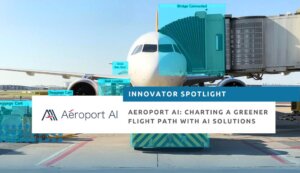Original Research Report, T. Campisi et al., July 8, 2021
Smart cities aim to integrate technological development with different functions/components such as mobility, management of energy, natural resources, water, and the waste cycle, air quality, land use, service network, construction, but also the economy, social participation, increased employment, and citizen safety. It includes a series of coordinated and integrated social, environmental and economic interventions to enhance human capital, reduce environmental impacts and solve ecological emergencies. The holistic approach is particular to smart cities, including several mobility aspects in the main European classifications. In particular, the development of smart cities depends on several factors related to transport supply (i.e., mobility service, infrastructure details, ICT) and demand (socio-demographic aspects), and the size of the city. This paper provides an overview of the development of smart cities by defining a methodology that allows the identification of criteria for determining the optimisation of urban mobility with a particular interest in the development of future autonomous mobility. The analysis of current literature on the concept of smart cities and new mobility technologies made it possible to analyse the compatibility between them and possible criticalities. The definition of criteria lays the groundwork for future research steps focused on the application of multicriteria analysis.








